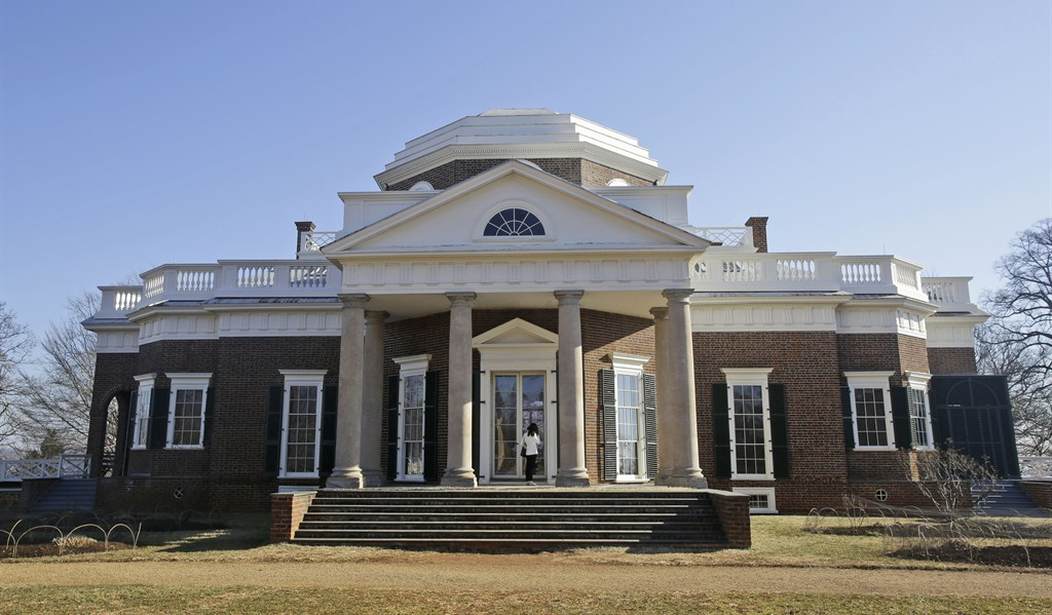In 1787, Thomas Jefferson sent a prescient letter to William Stephens Smith, the son-in-law of John Adams. In it, he said of the newly written and yet-to-be-ratified Constitution: “There are very good articles in it: and very bad. I do not know which preponderate.”
Throughout the rest of the letter, much of what he wrote rings true today.
FACT-O-RAMA! A “stadtholder” was a long-serving, appointed, and powerful leader in Holland centuries ago.
For starters, Jefferson addressed the problem of leaders who stick around too long:
We have lately read in the history of Holland, in the chapter on the Stadtholder, would have sufficed to set me against a Chief magistrate eligible for a long duration, if I had ever been disposed towards one: and what we have always read of the elections of Polish kings should have forever excluded the idea of one continuable for life.
Jefferson then mentions what we today call “fake news” and how profound an effect it can have on ordinary people:
Wonderful is the effect of impudent and persevering lying. The British ministry have so long hired their gazetteers to repeat and model into every form lies about our being in anarchy, that the world has at length believed them, the English nation has believed them, the ministers themselves have come to believe them, and what is more wonderful, we have believed them ourselves.
Jefferson was referring to the British newspapers suggesting our new country was in “anarchy” over Shays’ Rebellion, a so-called “insurrection” of former Revolutionary soldiers who felt they were being treated unfairly by their state, Massachusetts, for which they’d risk their lives. It was a rebellion Jefferson claims was “honourably conducted.”
Yet where does this anarchy exist? Where did it ever exist, except in the single instance of Massachusets? And can history produce an instance of a rebellion so honourably conducted?
Jefferson went so far as to state rebellion is not only good but at times necessary for our nation’s survival.
God forbid we should ever be 20. years without such a rebellion. The people can not be all, and always, well informed. The part which is wrong will be discontented in proportion to the importance of the facts they misconceive. If they remain quiet under such misconceptions it is a lethargy, the forerunner of death to the public liberty. We have had 13. states independant 11. years. There has been one rebellion. That comes to one rebellion in a century and a half for each state. What country before ever existed a century and half without a rebellion?
Jefferson goes on to state that rebellion is a natural course of a nation’s history, and that politicians need to be reminded that We the People have the right to “preserve the spirit of resistance.”
And what country can preserve it’s liberties if their rulers are not warned from time to time that their people preserve the spirit of resistance?
Jefferson then suggests citizens should take up arms. He calls for a nation’s leaders to be honest with their constituents. Then he states rebellion against tyranny is sometimes necessary;
Let them take arms. The remedy is to set them right as to facts, pardon and pacify them. What signify a few lives lost in a century or two? The tree of liberty must be refreshed from time to time with the blood of patriots and tyrants. It is it’s natural manure.
Related: The Slow Boiling States of America
As always, I am opposed to anything other than a peaceful solution to the despotism that I see dissolving contemporary Americans’ God-given freedoms. But Jefferson believed our nation can’t survive without it.
I hope Thomas Jefferson — one of our Founding Fathers — was wrong.










Join the conversation as a VIP Member